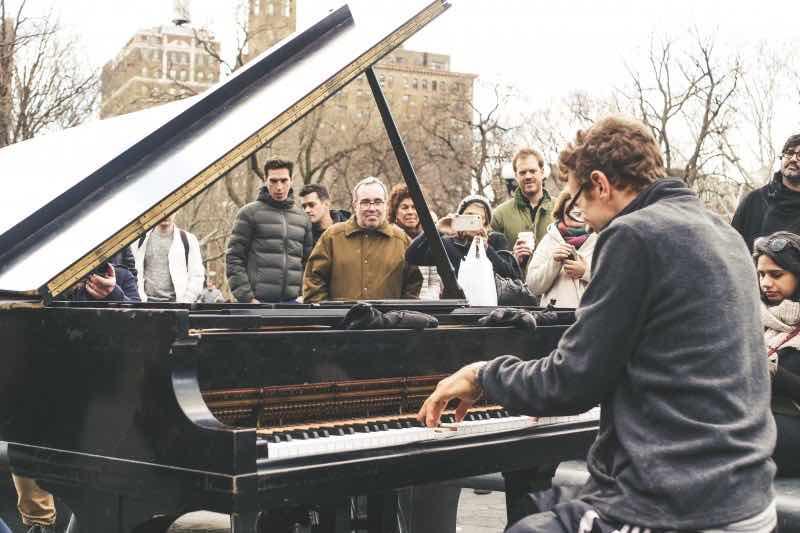It’s the one question that every piano student asks.
….and that every piano teacher has had to answer time and time again.
The question?
“How long should I be practicing?”
Just the nature of this question is evidence that practice is a controversial part of the process of becoming a proficient musician. There are myriad approaches, philosophies, and studies that have been done over the years on what constitutes effective musical practice.
The wording of this question, however, proves that the biggest issue for most piano students and their families is not about effectiveness – instead, they are concerned with time and schedules.
Every piano student wants to know if they can predict with certainty the right length of time to practice, so they can either ensure success, or simply make piano practice a check mark on their to-do list.
Should I practice an hour a day?
There is a long-standing, popular school of thought that in order to advance as a piano student, you must practice at least 60 minutes, or an hour a day.
Is this true? Is successful piano practice as simple as ensuring that we spend an hour reviewing and preparing for our lessons daily?
In this teacher’s opinion, this approach is entirely FALSE and actually harmful to your progress.
No one can set a particular amount of time as the ‘right amount’ of time to practice. Here’s why.
Clock-watching hampers effective practice
The question of how long to practice is the wrong question, because how LONG you spend at the piano is not as important as what you DO when you are practicing.
For centuries, young students have become professional ‘clock watchers’, simply playing songs over and over until the timer or alarm finally releases them from the drudgery of the designated length of practice time. This actually defeats the purpose of practice.
Deliberate practice – why it works
To progress as a musician, it’s imperative that students know the actual goal of every practice session, and look to solve a musical problem in that session. This is sometimes referred to as deliberate practice – a method that can be applied to many disciplines, but that can readily be used by piano students.
Deliberate practice involves carefully and mindfully thinking through, diagnosing, working on, and reviewing specific parts of the music. While being consistent is beneficial to this practice, the amount of time spent practicing is a non-issue.
A study done by researchers at the University of Texas on the practice habits of top students found that the length of practice time had no effect on whether or not students progressed. Instead, they found three key elements that all the successful students used when practicing:
As you can see, by making practice about adjustments, specific goals, and correcting mistakes with precision, these students made the most of their practice time. Whether they spent 15 minutes, or 3 hours doing so was immaterial to their success.
So if length of practice time isn’t the issue, what should you do to ensure that you actually make progress when you sit down at the piano to practice?
Here are a few tips.
Tips to make practice time more effective
- Plan ahead – To combat the problem of directionless practice, plan your sessions in advance. Make a list of what needs to be worked on and schedule specific times that you will rehearse those selections.
- Create a consistent process – Make your practice sessions routine and predictable. Pick warm-ups, technical exercises and stretching procedures that are repeatable and consistent.
- Take notes – in this case, we’re not referring to musical notes – rather, you should always be writing down what happened and what you notice in your music. Making circles, highlighting sections, and keeping track of specific things to watch out for in your music will help you retain and review the right things when you sit down to practice.
- Keep a record of your progress – after the practice session, be just as diligent in tracking what you noticed about your work as you practiced.
By tracking the songs, skills, and techniques that you have mastered, you will build both your confidence and your effectiveness during your practice sessions.
Don’t watch the clock – set your practice goals
As you can see, practicing piano is much less about how long you practice, and much more about how you practice. The ‘practice an hour a day’ method may sound practical and sensible, but in truth it’s an arbitrary number that will not ensure your eventual success as a confident musician.
Instead of becoming a professional ‘clock-watching’ piano student, become a deliberate, focused and mindful musician who takes every opportunity to practice seriously and with a goal in mind.
Do this, and you’ll find that the hours become more and more enjoyable every time you sit down to play.
Allen C. Paul


